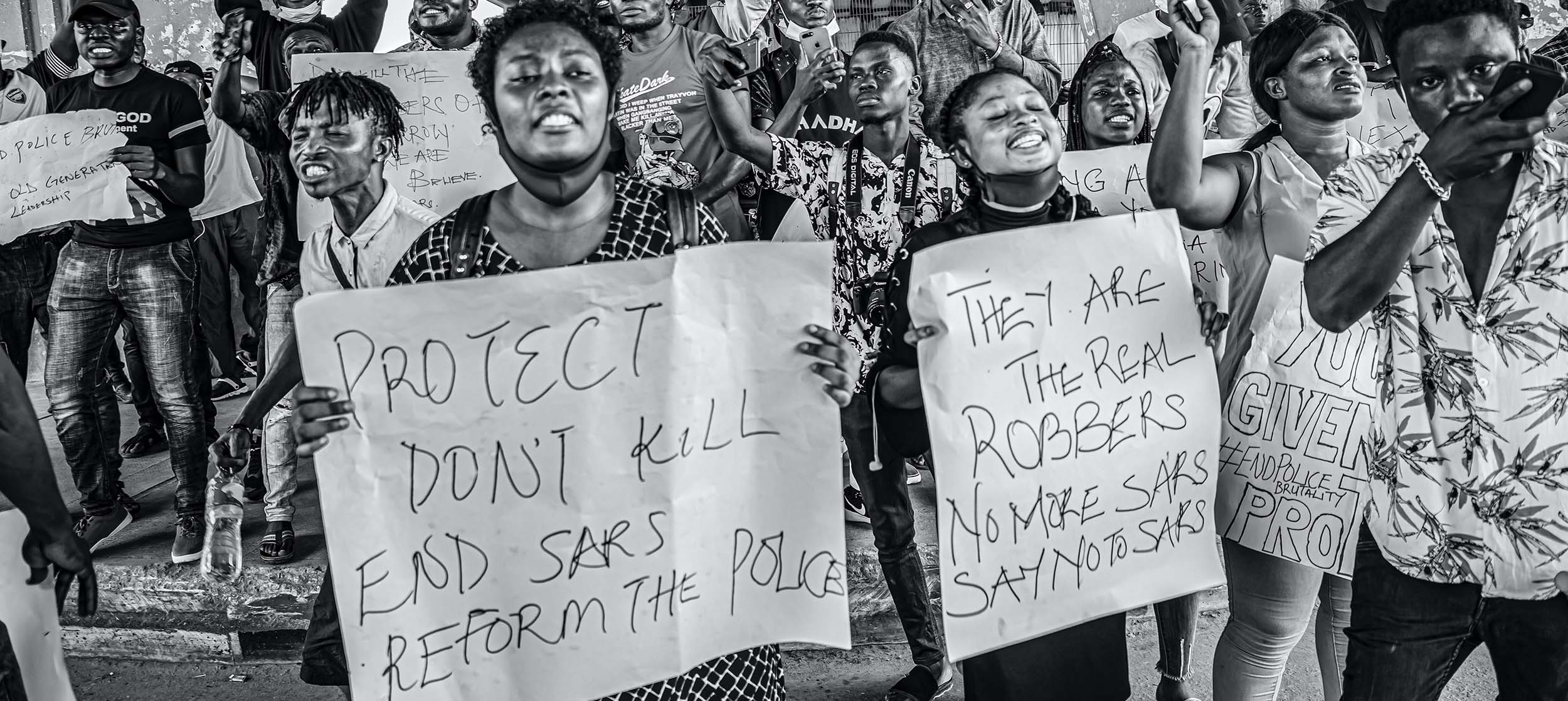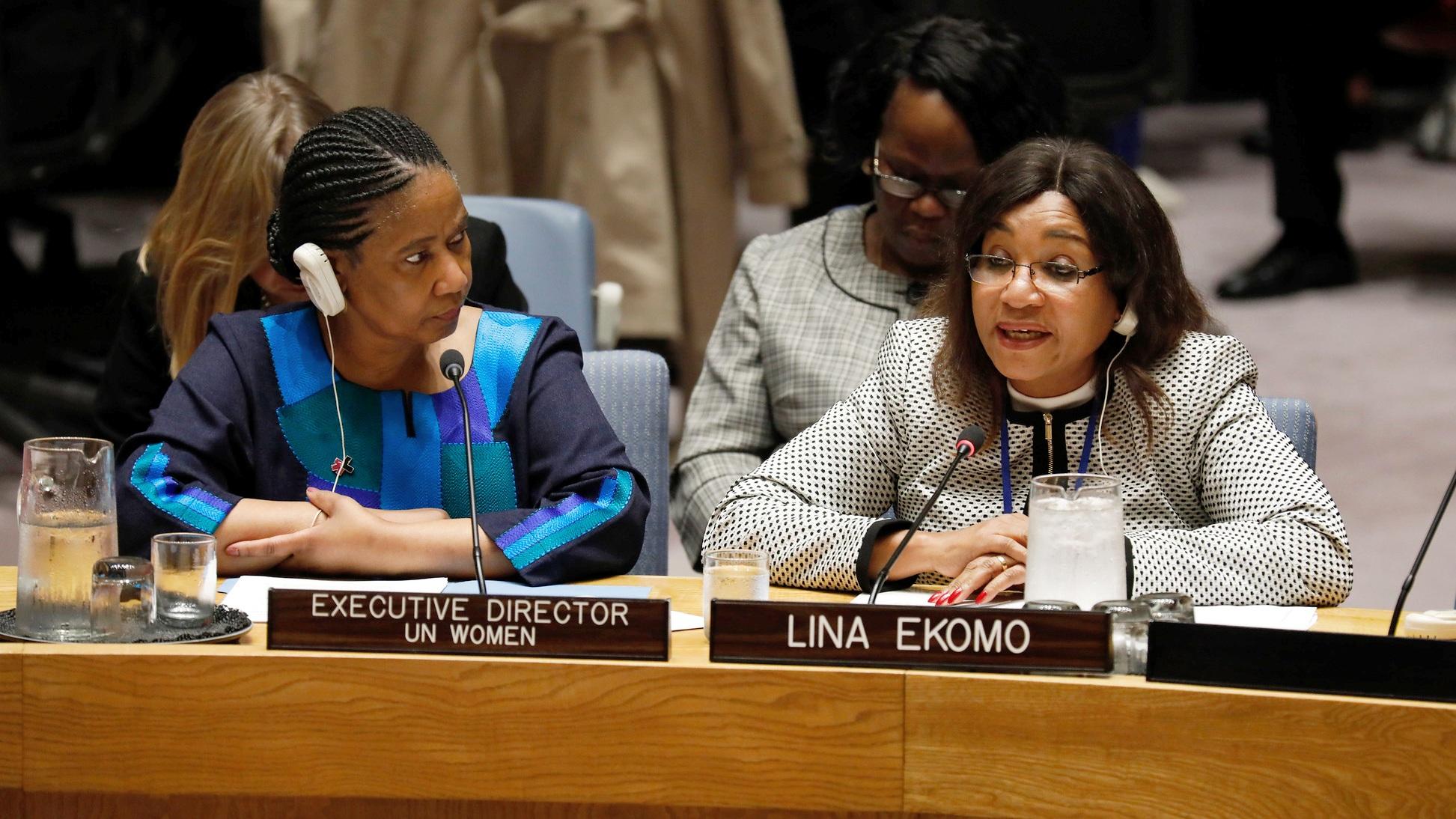As the 27th African Union Summit concludes in Kigali, Olivia Lwabukuna calls on African leaders to move beyond adopting documents on women’s rights and focus on taking concrete action.
Gender issues are finally being taken seriously by authorities globally. We know this because of the number of international frameworks, policies and resolutions that focus on gender equality, gender-sensitive and gender-responsive human rights, peace and justice as priorities.
This trend can also be seen on the African continent. 2015 was declared the year of women empowerment and development towards Africa’s Agenda 2063 by the African Union. Adopted in 2015, this Agenda has proceeded to ensure that women rights’ are considered in development.
Subsequently, 2016 has been pronounced the Africa Year of Human Rights with particular focus on the Rights of Women. The 27th AU Summit which took place in Kigali, Rwanda in July maintained this theme, facilitating within its margins, a host of activities, including the 3rd AU High Level Panel on Gender Equality and Women’s Empowerment. Deliberations from key continental, regional, national, civil society as well as academic delegates in this panel were centred on assessing contributions of the Maputo Protocol on women’s rights in transforming gender roles in Africa and charting a way forward for better compliance.

2016 is therefore a crucial year for women’s rights, particularly because it is the first year global and regional development agendas, namely the 2030 Agenda for Sustainable Development and Agenda 2063 are being implemented. Based on the above, there seems to be evidence of political commitment of African governments to gender equality and women’s empowerment based on extensive regional and sub-regional policy frameworks.
These initiatives are nevertheless dampened by serious implementation gaps, de-linkage between women’s rights and broader development goals, confinement of gender equality and women’s rights in national machineries for women’s affairs without adequate budgets to match, and failure of most national priorities to integrate women’s rights. Women’s rights are simply an add-on, to satisfy global and regional policy narratives.
Similarly, although the Constitutive Act of the African Union (AU) emphasises the importance of protecting human rights, the organisation’s efforts in this regard have been historically demonstrated in adopting documents, to the detriment of taking concrete steps. This narrative has discredited the organisation’s efforts in the field of continental human rights protection in general, and women’s rights in particular. Failure to take concrete steps to alleviate sufferings and human/women rights violations in Burundi, Mali, Central Africa Republic, South Sudan, Somalia, eastern DRC and other conflict hotspots as well as non-conflict, but violence-ridden countries like South Africa and Northern Nigeria has created doubt about the organisation’s ability to interpret and apply its human rights policies to protect women’s rights.
This has exposed women to rape, domestic, sexual and gender-based violence, child marriage, forced marriage, femicide, human trafficking, slavery, exclusion from ownership and resources, domestic labour burden, harmful cultural practices, lack of legal status, access to healthcare, access to justice, access to education, inequality, maternal mortality, HIV/AIDS prevalence, and limited or no reproductive health rights. Exclusion from peace processes, political settlements, participation in public and political life worsens the situation. Therefore, women and girls continue to face many challenges to enjoying equal rights and opportunities.
Additionally, women in conflict-affected countries find themselves disproportionately facing challenges of inequality and access to opportunities. Peace and its consequent development cannot be achieved during economic and sexual inequality, denial of basic human rights and fundamental freedoms. Therefore, the role of women for peace, and in peace processes, peacebuilding, state building and political settlements becomes important.
Considering that many African countries are currently embroiled, or just emerging from conflict, this transitional period must be used to create opportunities for women to renegotiate power relations, including addressing their very particular conflict experiences as a necessity for peace. Conflict breeds illegality, political, cultural, systemic and structural challenges that call for legal reform, advocacy and political mobilisation, behavioural change and rehabilitation as well as structural transformation. Women must be included in formal and informal transitional processes to avoid replicating these structural injustices which often are at the root of conflict.
Dr Olivia K Lwabukuna is a legal and policy specialist in international law, trade and sustainable development. She is currently based at the Africa Institute within the South African Human Sciences Research Council where she works on the role of law in African development.
The views expressed in this post are those of the authors and in no way reflect those of the Africa at LSE blog or the London School of Economics and Political Science.






1 Comments